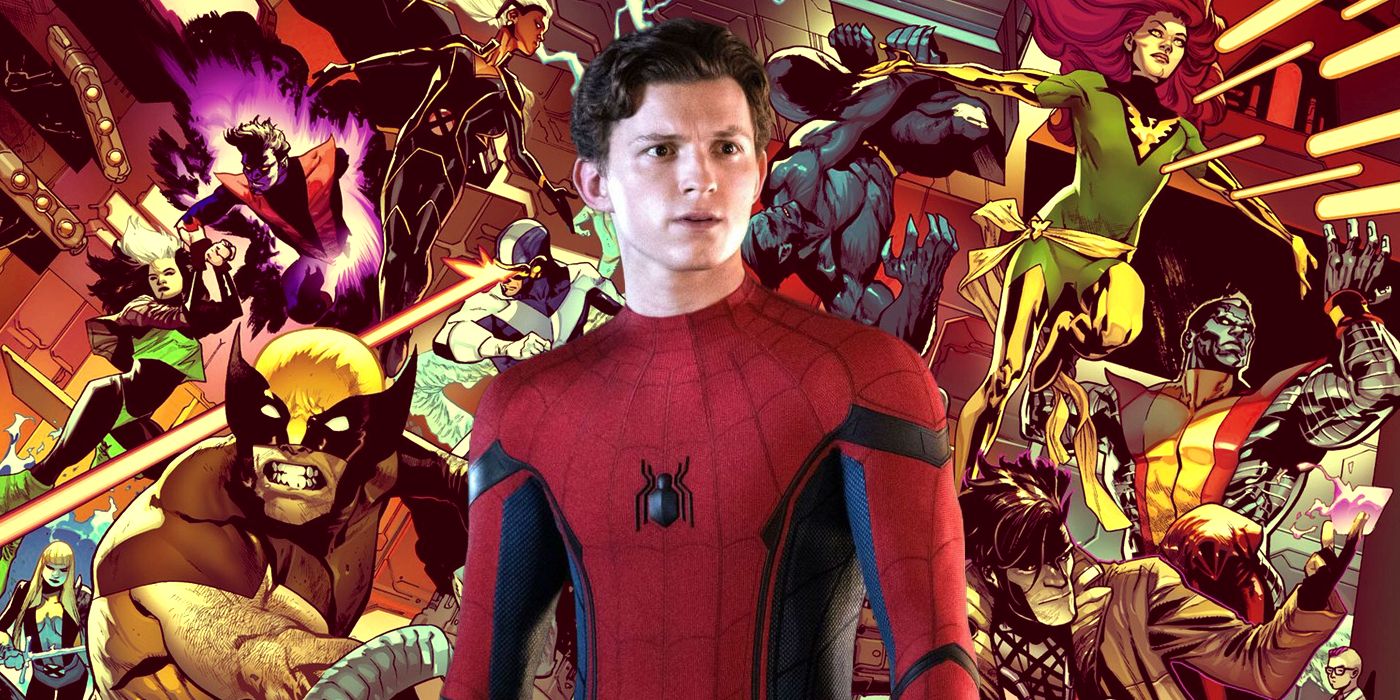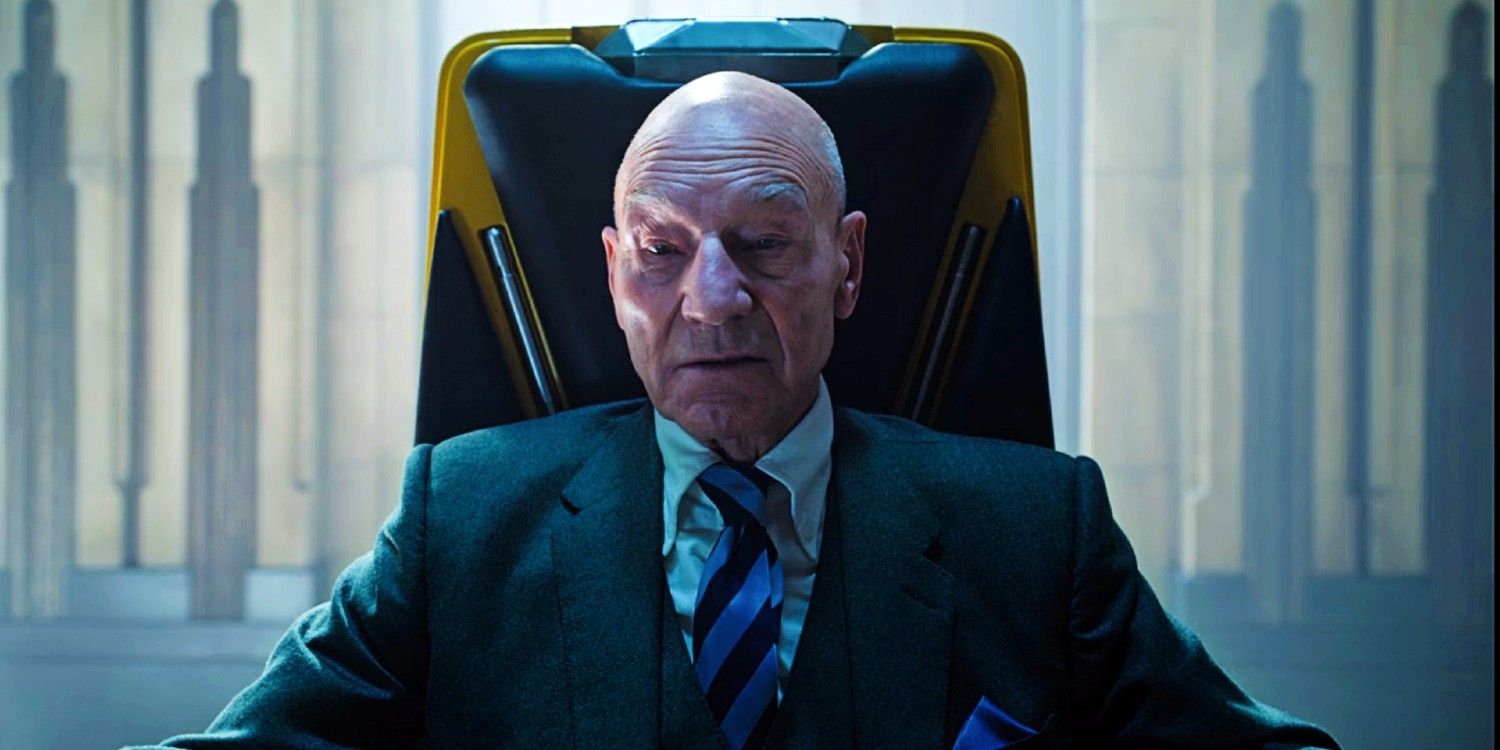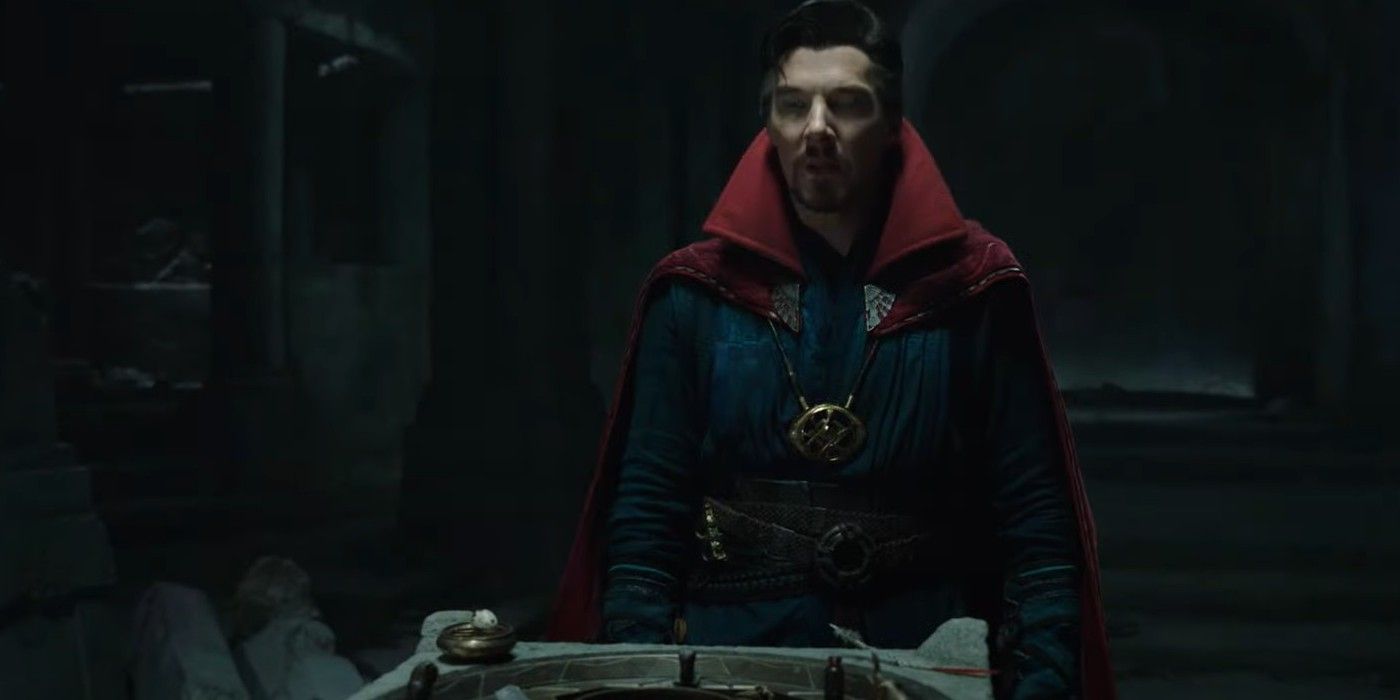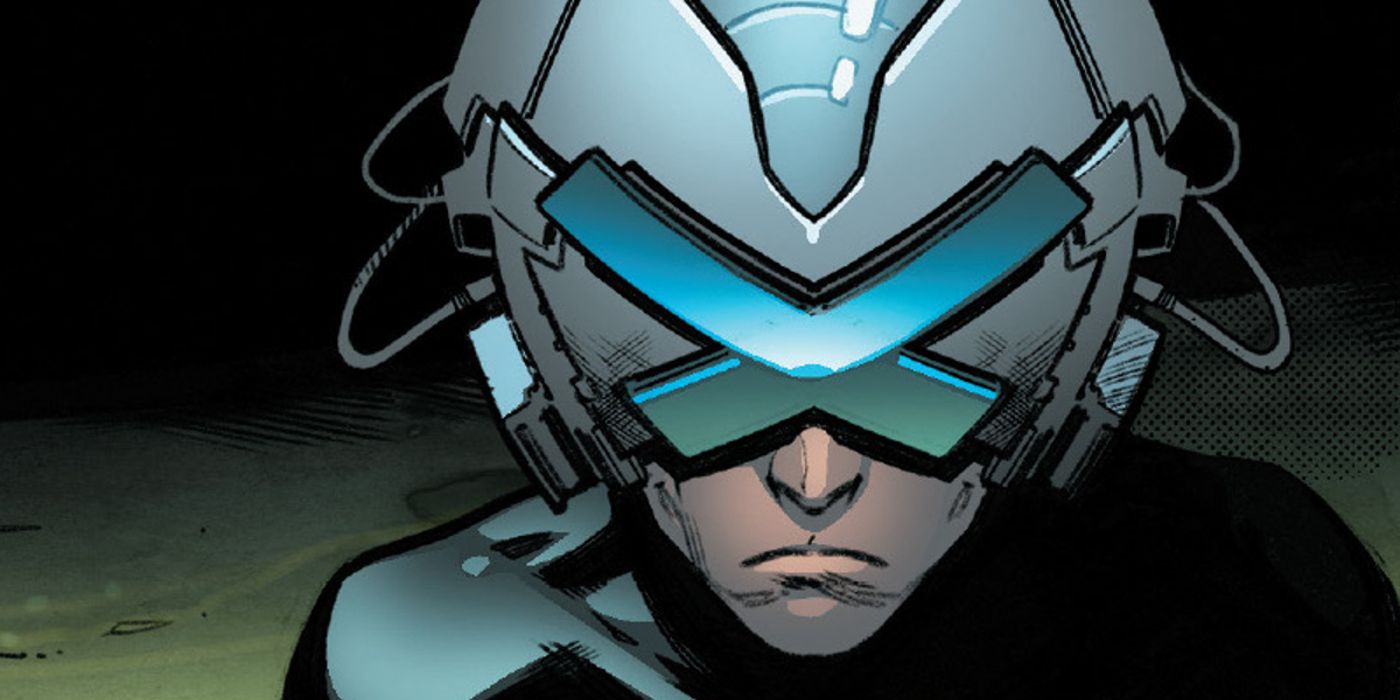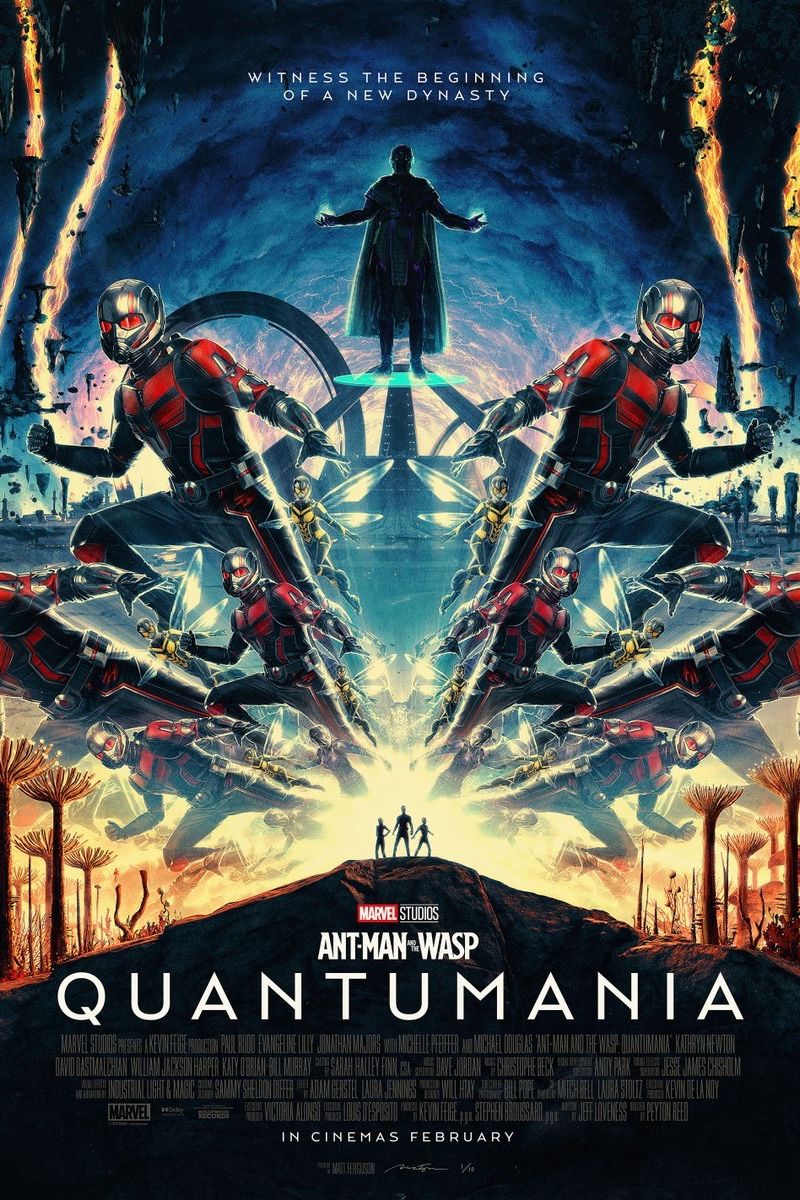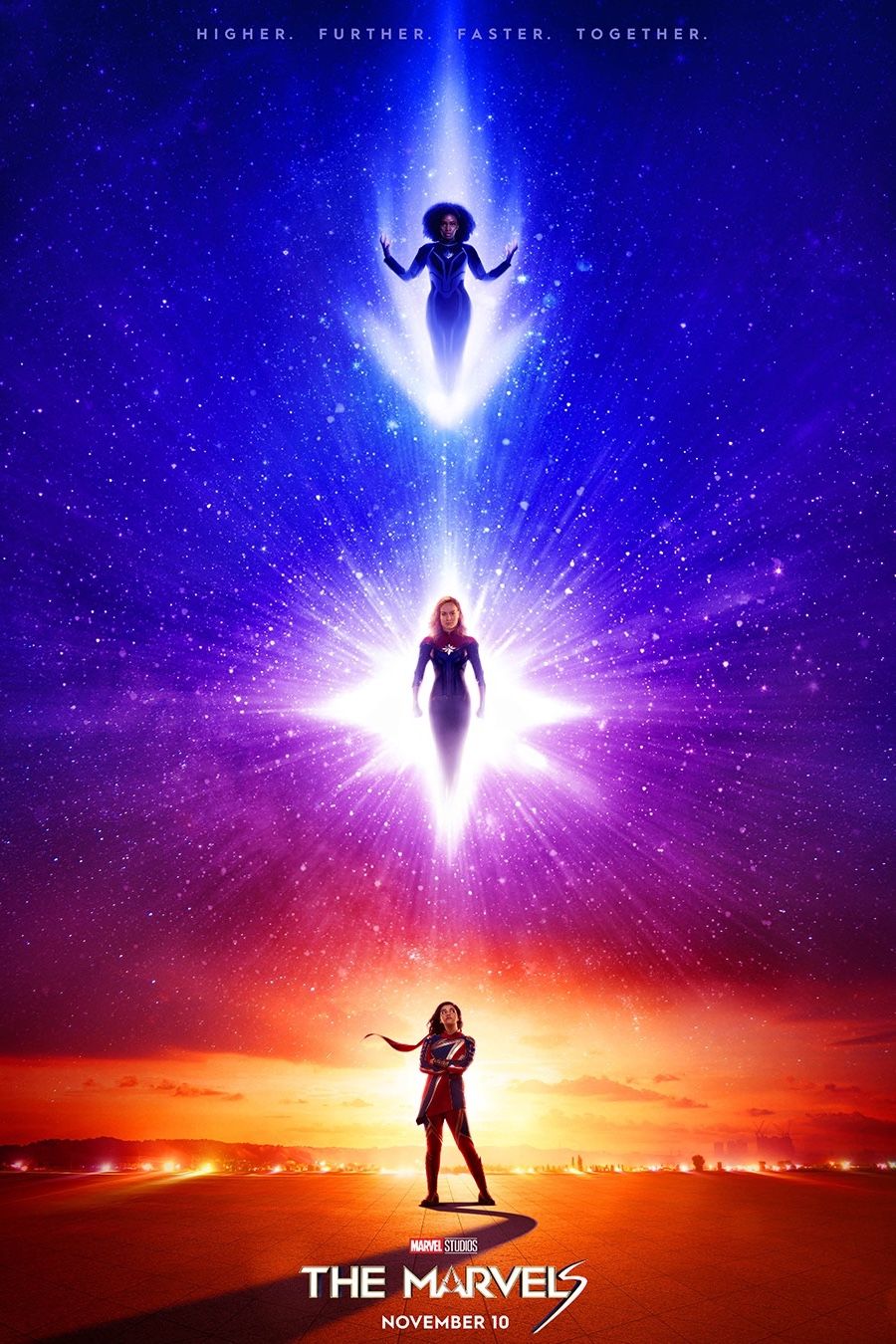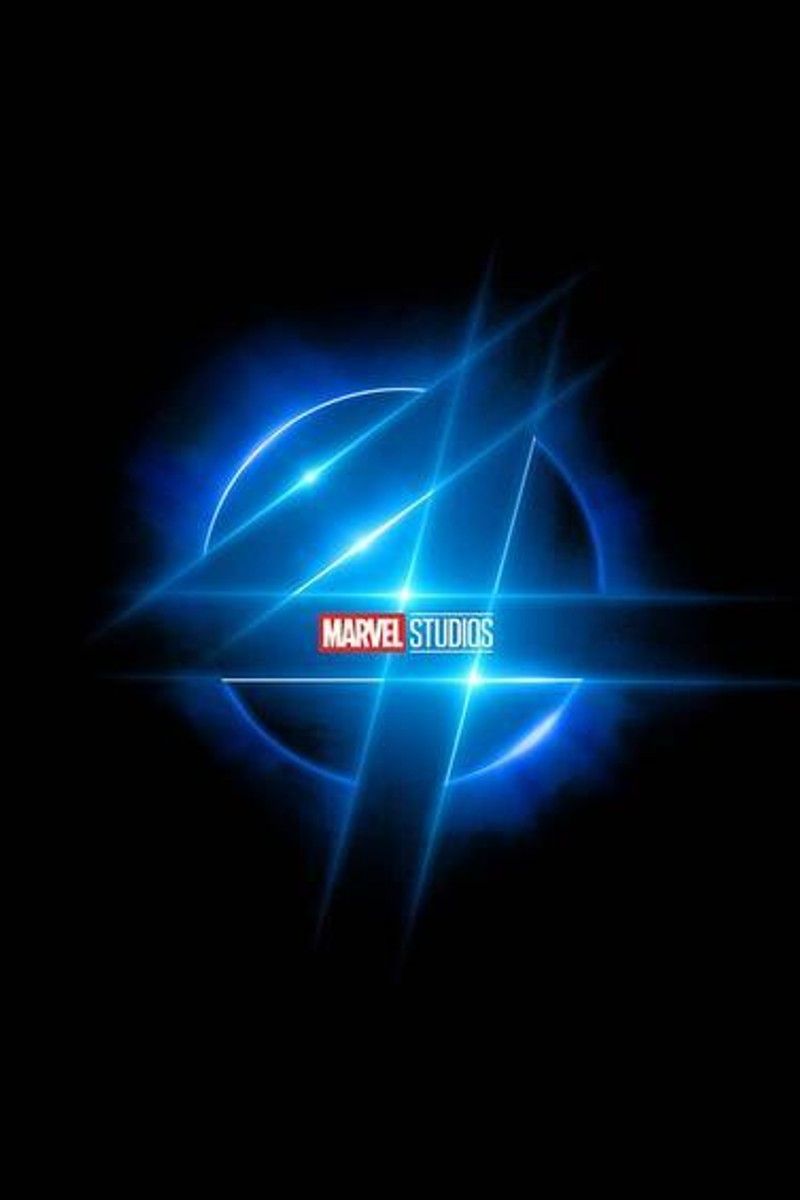A major X-Men theory is a lot more likely after Spider-Man: No Way Home. When Marvel Studios launched the MCU in 2008, they only had the film rights to characters who were generally considered second-tier (at best). The rights to the most notable Marvel superheroes, Spider-Man and the X-Men, had been sold back before Marvel bosses ever dreamed of making their own movies. It wasn't until 2019 that Marvel regained the rights to mutants, after Disney's acquisition of the bulk of Fox's film and TV empire.
Mutants have finally become part of the MCU, albeit in an unexpected way; Ms. Marvel revealed Kamala Khan is the MCU's first official mutant, with her best friend Bruno identifying a mysterious latent "mutation" in her genes that had been triggered by exposure to Noor energy. In case viewers didn't get the hint, Marvel played a riff on the classic theme-tune to X-Men: The Animated Series. It seems mutants are being retconned as part of the MCU all along, with Kamala the first one to officially be confirmed.
The Ms. Marvel reveal has been followed up by more hints, with She-Hulk: Attorney at Law episode 2 containing a surprising hint suggesting Wolverine is part of the MCU as well. But all this is naturally leading to intense debate among audiences about just where the X-Men have been all this time, and - most significantly of all - why nobody has ever mentioned them. Spider-Man: No Way Home may have made one popular theory a lot more likely thanks the prominent role of memory erasure in the plot. If the mutants have been using a similar method to Doctor Strange, this could explain how they remain undetected for now.
One Theory Suggests Mutant Telepaths Erase All Memories Of Their Existence
Telepathy and telekinesis have numbered among the most common mutations. There's actually a simple reason for this; back when Stan Lee first created mutants in 1963, he assumed this would be their most natural powerset. This is why early issues of Uncanny X-Men even included scenes suggesting Magneto possessed psychic powers, right down to one in which he astral-projected across the globe. Even now, decades later, there are countless mutant psychics - including, of course, Professor X (a variant of whom was played by Patrick Stewart in Doctor Strange in the Multiverse of Madness).
This has led to some speculation mutant psychics have been using their powers to erase all memories of mutant existence. According to this theory, mutants have been active for as long as the MCU has existed, but at some point telepaths decided the only way to prevent war between humans and mutants was to keep them entirely separate. The idea is something of an amalgamation of ideas from the comics; the entire mutant race has settled on the living island of Krakoa in modern X-Men comics, while historically Professor X has used his powers to erase all memories of some of his X-Men. Beast's origin story, for example, literally involves Professor X wiping all knowledge of his existence from the memories of his friends and family - even his parents. The theory naturally carries some troubling ethical implications.
Spider-Man: No Way Home Features A Similar Memory Wipe
This idea is, of course, very similar to Doctor Strange's memory spell in Spider-Man: No Way Home. Described as a spell that "travels the dark borders between known and unknown reality," the Runes of Kof-Kol would have allowed Doctor Strange to erase the world's knowledge of Spider-Man's secret identity. The runes proved every bit as dangerous as advertised, when Spider-Man unwittingly interfered with their casting and disrupted it, almost leading to a multiversal collapse. She-Hulk: Attorney at Law episode 3 suggested the Runes of Kof-Kol have been used a lot more than had previously been believed; Wong hinted he was in the habit of using them to erase events involving the Masters of the Mystic Arts. She-Hulk was naturally shaken at this casual attitude towards brainwashing the entire planet.
The Masters of the Mystic Arts' memory spell seems to have been more powerful than Doctor Strange suggested. In the end, Doctor Strange was forced to use it to erase all memory of Peter Parker himself, but it seemed to have actually affected the nature of reality itself. It wasn't just that the world forgot Peter Parker; it was also that all evidence of his existence was erased as well. This point was stressed by the recently-released Spider-Man: No Way Home More Fun Version, which included an additional post-credits scene in which his schoolfriends celebrated their time at Midtown High - and Peter had been magically deleted from them all.
This strange memory spell serves as a major clue to the nature of the MCU's multiverse. It suggests the MCU's multiverse is based on perception, and that the flow of time is a mental construct. This would explain why a spell that rewrites memories also has an impact on reality, and it would fit well with Loki. That particular Disney+ TV show revealed some moments have the potential to create branching timelines, but others do not; it was unclear why some served as nexus points, and others did not. Take the example of someone being late for work; if that was simply forgotten in a day, with no lasting impact, then no branch would be created. If, alternatively, that tardiness led a boss to have a different view of a worker, a different timeline is created, one perhaps leading to a difficult working relationship and a firing. Perception could be the key to the multiverse.
What Doctor Strange's Spell Means For The Psychic Mutants Theory
This has major implications for the theory telepaths like Professor X have erased memories of mutants. If the MCU's conception of reality is based on perception, then mutant psychics who can rewrite memories are in fact rewriting reality itself. That would explain why such memory wipes didn't leave countless unexplained incidents scattered across the globe; because when people forgot the events they'd witnessed, reality changed, and the world became as though they had never happened. The entire history of the mutant race could therefore have been systematically erased by one global brainwashing event after another.
Until now, this had been the fatal flaw of what could be called the Telepath Theory. Many mutant powers leave physical evidence behind them - varying in scale from unexplained earthquakes to occasions where Magneto has released electromagnetic blasts affecting technology across the entire world. If mutants always existed in the MCU, someone would have stumbled upon it, no matter how many times psychics like Professor X used their powers. The memory spell in Spider-Man: No Way Home implies that wouldn't necessarily be the case, however, because those telepaths would also be rewriting reality. As such, this particular X-Men theory feels a lot more feasible now thanks to Spider-Man: No Way Home.

